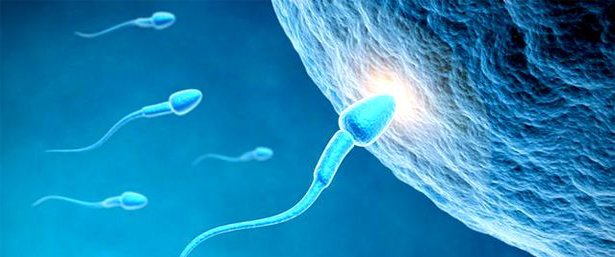Receive / Donate / Share Eggs
Receive / Donate / Share Eggs
Egg donation has been a standard form of fertility treatment since 1984. It is used in women in whom the ovaries have lost the ability to produce eggs of a suitable quality, or in some cases have lost the ability to produce eggs at all, e.g. premature ovarian failure. In these circumstances there is nothing wrong with the uterus itself and patients can successfully become pregnant using donated eggs with no increased risk to the pregnancy. In fact, in egg donation the chance of pregnancy is higher than in normal IVF treatment mainly because donors tend to be younger and more fertile than women seekingIVF treatment with their own eggs.
Our team has been very active in our attempts to raise awareness of the need for egg donors over recent years and we are very conscious of the enormous gift that donors are making to an infertile couple. Egg donation at our Clinic is usually anonymous but we will accept known donors (following careful consideration on a case by case basis) providing they fall within the criteria discussed in the paragraph egg donors

Who can become a donor?
All sperm donors at IVFAustralia must adhere to practices developed by the Reproductive Technology Accreditation Committee of the Fertility Society of Australia, and the National Health and Medical Research Council, including:
- Donors must be older than 21 years of age and younger than 50 years of age.
- Donors must be shown by blood tests before and after three months of quarantining of the semen samples to be free of serious infection or genetic conditions.
- Donors must have never previously donated at any other fertility clinic.
- Donors must have no medical conditions or illnesses, either in himself or in his family that may be passed on to future children.
The Process:
The first step is a consultation with a fertility specialist, followed by a semen analysis and compulsory counselling. We discuss legal, social, genetic and moral implications of the donation as well as the health checks and procedures involved.
Sperm donors need to be prepared to discuss and provide the following types of information:
- Medical history – advising of all known allergies.
- Physical description.
- Lifestyle declaration – including details of any donation at other assisted reproductive treatment clinics.